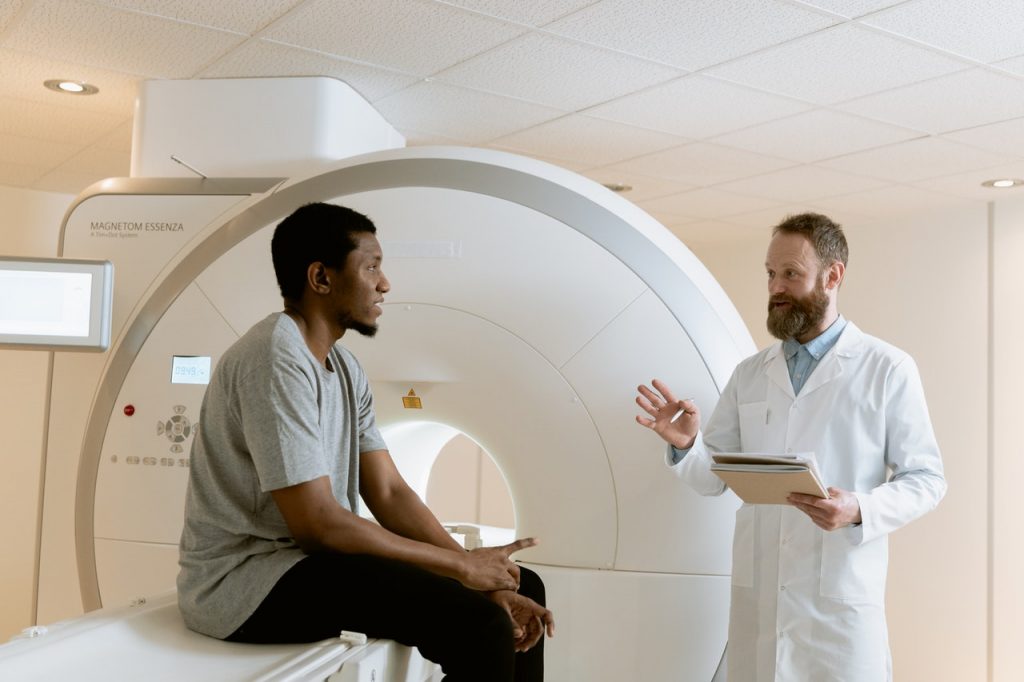Most people have to deal with surgery in their lives. Whether you’re getting your appendix removed or having a knee replacement, it’s okay to take your time to heal and recover. Unfortunately, many people aren’t aware of what’s necessary to ensure their body heals.
Take It Slow, and Be Careful
Surgery is a lot to overcome! Take your time when you’re healing, and be careful not to ignore what your body is telling you. The most important thing you can do for the first two weeks after surgery is rest and heal. Avoid any strenuous exercise, and follow your doctor’s directions for lifting or walking upstairs. Although this can be a lot to take on, it’s easier to have someone who can help you.
Ask For Help With Food And Care
If you’ve had shoulder surgery, getting dressed can be difficult. Even though this is the start and end of every day, many after surgery struggle to take care of themself. Although you can find a post-op shoulder surgery bra to help you get dressed: you’ll still need help feeding yourself and keeping yourself clean.
Purchase wet wipes or washcloths before your surgery, and ask for help from a loved one to ensure that you’re capable of going about your day. If someone can cook for you or bring you food, this could make it even easier.
Ensure That You Stock Up On Laxatives
Pain medications, and anesthesia, both make it nearly impossible to pass food. Unfortunately, constipation can be incredibly uncomfortable and is one of the leading side effects of surgery. Before you get surgery, stock up on laxatives and at least one natural remedy like milk of magnesia or aloe vera drinks. These will help you use the restroom and relieve any discomfort from constipation.
Know The Signs That Mean You Need The ER
Unfortunately, not every path to healing is a straight line. If you’ve had surgery, it’s important to know what side effects to keep an eye out for. There are large risks, like clots, internal bleeding, or severe pain, but many surgeries also have specific symptoms that could call for a visit to the emergency room. Talk to your doctor about what you should keep an eye out for, and then get to the ER immediately if you notice that they’re happening to you.
Don’t Fear Pain Meds: Take As Prescribed.
Although there is a huge problem in America with people abusing pain medications or taking them without a prescription: there’s also a problem with people refusing to take them when they need them. The fear of addiction has pushed some to ignore that their body is in pain and deal with it instead of simply taking the medication prescribed. To ensure your healing goes more smoothly and that you can live your life as close to normal as possible: take the pain medication you’re prescribed. Don’t take more than you’re directed, and take it when you’re supposed to, and you’ll be able to avoid addiction or ongoing issues from it.

